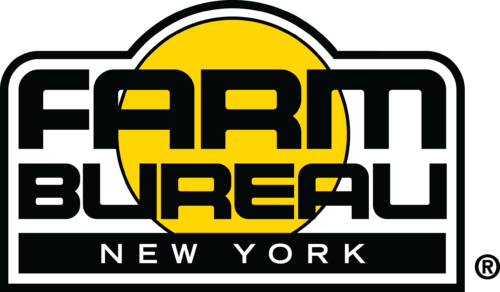NYFB asks FDA to protect the integrity of milk labeling

New York Farm Bureau strongly believes federal regulators should uphold the legal definition of milk and adhere to current labelling laws and regulations. This would protect the integrity of dairy products and offer consumers clear and accurate information about the food they are purchasing.
To reinforce this belief, NYFB President David Fisher submitted comments to the U.S. Food and Drug Administration (FDA) regarding its draft guidance on the labeling of plant-based milk alternatives. NYFB asks that FDA amend its draft guidance to prohibit the use of “milk” or other dairy terms on non-dairy substitutes unless products follow proper use of imitation terminology, as defined by existing law. This would follow the fashion similar to the labeling of imitation milk beverage products in other countries such as Canada, the European Union and the United Kingdom.
Milk is a food product with a Standard of Identity (SOI) first established in regulation in 1939. However, the FDA failed to enforce the SOI as makers of nut and plant-based alternatives began marketing their products as “milk” through the use of the term, packaging and design, and grocery store location. Many consumers also do not realize the nutritional differences between those products and milk from a dairy cow. The FDA’s own admission confirmed this confusion on page six of its draft guidance.
In NYFB’s comments, President Fisher said, “The nutritional components of milk are essential to its definition. Non-dairy products labeled as milk that lack the foundational nutritive components of milk can be misleading and harmful. Consumers know the healthiness of dairy labels such as “milk” and may infer that any product bearing this term possesses the same or an equivalent nutritional profile.”
He added, “It is critical that the FDA act to rebrand non-dairy products and maintain the integrity of real dairy products not only for consumer confidence in milk and dairy products but to provide market and economic benefits for New York’s dairy farms.”
Provided information




